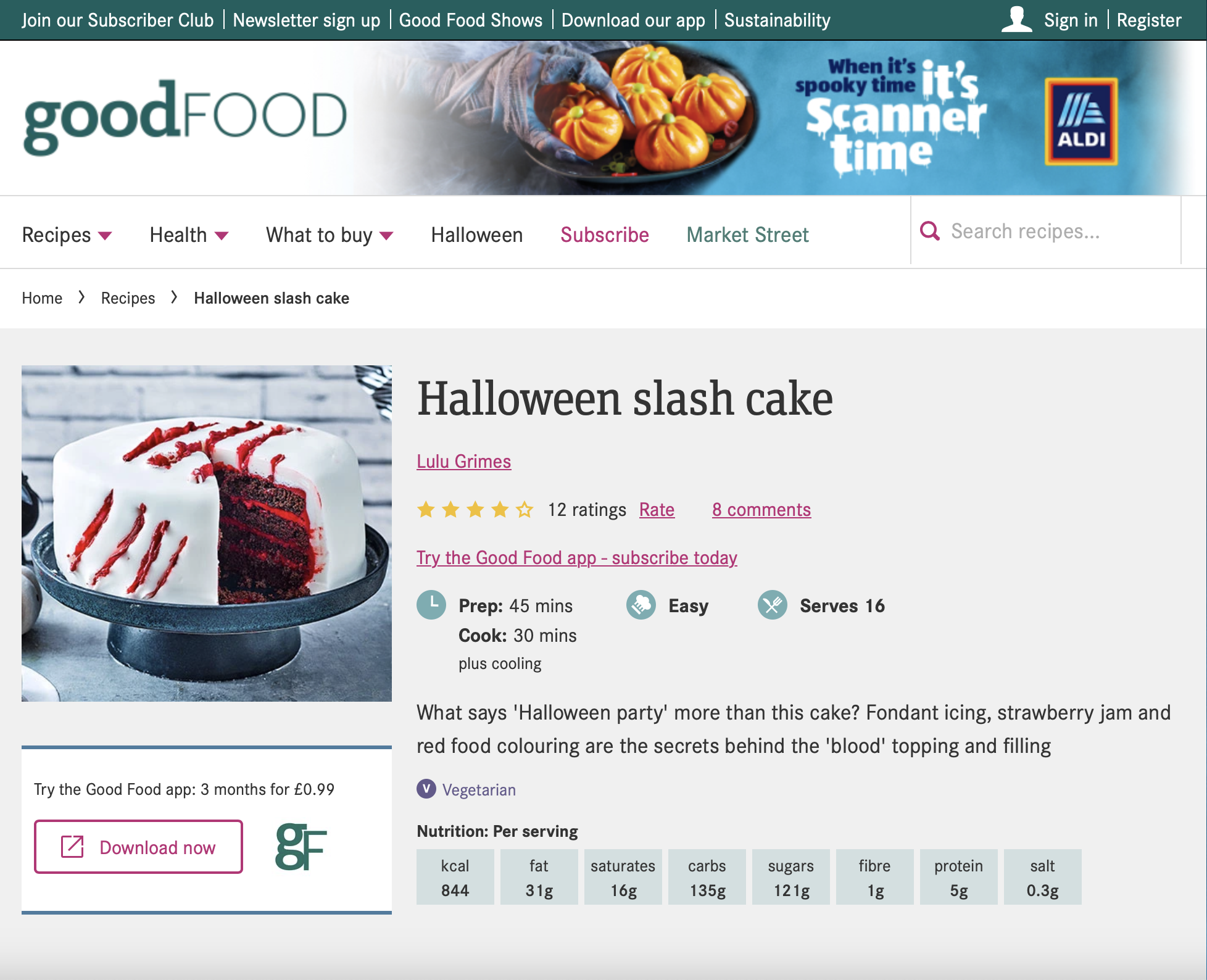Two-fifths of Halloween news articles wrongly blocked from advertising

Two-fifths (41%) of Halloween content and horror film reviews are being blocked from receiving advertising in the autumn, according to an analysis from brand safety ad solutions provider Mantis.
Brands and their agencies using keyword blocklists that include words such as “kill”, “blood”, “horror”, “scary”, “attack”, “death” and “terror” are disallowing ads from appearing next to obviously brand-safe articles about Halloween.
For example, brands using the word “bloody” in a blocklist would be inadvertently blocking any articles related to The London Dungeon Halloween “Bloody Mary’s Revenge” experience.
Mantis, which uses AI technology to understand the context in which keywords are used in news articles, measured 1,147 relevant articles for their analysis and found that just 12% could actually reasonably be categorised as “brand-unsafe”.
‘Zombie-like’ reluctance to drop blocklists
Overzealous use of blocklists impacts more than publishers. For advertisers, they risk missing out on additional relevant reach during a celebration in which total spending is projected to hit £776m this year, with much of it concentrated among younger demographics.
“With thrill-seeking consumers on the lookout for content related to Halloween traditions, events and deals, brands aren’t just sacrificing lucrative advertising opportunities, they’re directly harming publishers,” said Mantis managing director Fiona Salmon.
She added that the industry has been “zombie-like in its reluctance to waver from keyword blocklists, despite their obvious negative impact”.
Publishers have for years complained of news articles being demonitised due to advertisers’ fears of having ads placed next to controversial or unseemly content, especially coverage of politics or war.
Earlier this summer, The Media Leader reported that half of Reach’s Euros coverage was blocked from advertising due to overzealous brand-safety tools and keyword blocklisting practices.
Publishers also experienced a negative impact on Olympics coverage because many advertisers “inexplicably” still have “Paris” on blocklists following the 2015 Isil terrorist attacks in the city.
Immediate’s impact
Cath Waller, Immediate Media’s managing director, advertising, revealed that the publisher has experienced negative impacts of blanket keyword blocklists on its Halloween content.
For instance, Good Food has seen a number of its pages featuring Halloween cakes blocked due to phrases such as “garish bakes that ooze fake blood” or “for a spooky fake blood effect, use berry syrup” or “Halloween slash cake” (pictured, below).

“Our Halloween content is incredibly popular at this time of year, as millions of consumers turn to Good Food for trusted cake and bake recipes to create their perfect Halloween treats,” Waller said. “This incredible opportunity for advertisers to get their products in front of highly relevant, high-attention consumers is being missed by many on the buy side, who rely on outdated keyword-blocking tech.”
Waller suggested that advertisers should consider utilising AI-powered safety solutions, such as that offered by Mantis, that purport to more accurately assess the suitability of web pages.
‘Quality publishers are brand-safe — full stop’
Other industry leaders have begun lobbying for marketers to eschew the notion that news articles are not brand-safe altogether.
In September, a study from Stagwell and HarrisX revealed that ads placed adjacent to stories covering politics or crime performed just as effectively compared with ads placed next to more positive stories. A similar study released days later by Teads and Lumen found comparable results.
Last week, recent research around the use of blocklists prompted media agency Bountiful Cow to launch a programmatic tool to help advertisers buy inventory on quality news publishers that has wrongly been deemed “brand-unsafe” by third-party verification tools.
“Brand-safety technology was developed as a means of protecting advertisers from the worst of the internet, but nowadays it unfairly penalises the best of the internet,” said Bountiful Cow CEO Adam Foley. “It means avoiding mainstream news, politics, sex, even football articles that contain the word ‘attack’ — but that’s all the good stuff. That’s what millions of people want to read every day.”
He added: “We back the newspaper editors. Quality publishers are brand-safe — full stop.”
Advertising adjacent to quality news content is brand-safe regardless of topic




